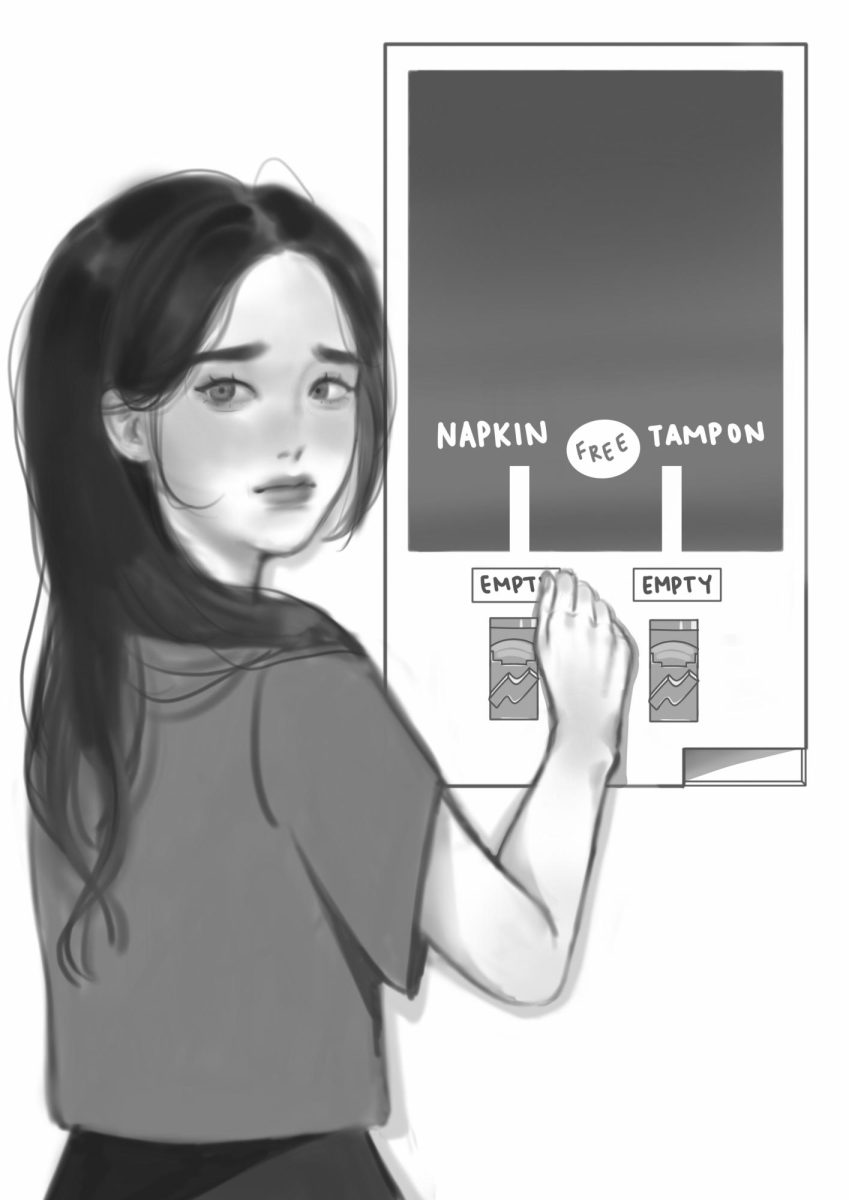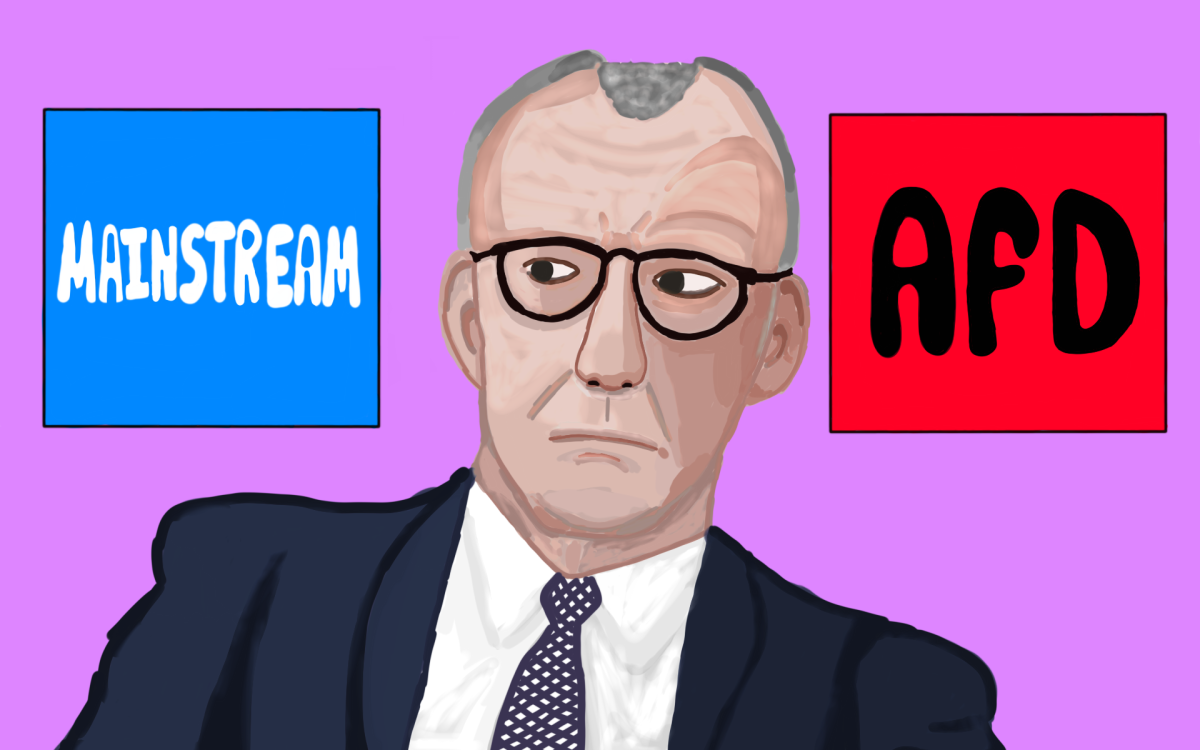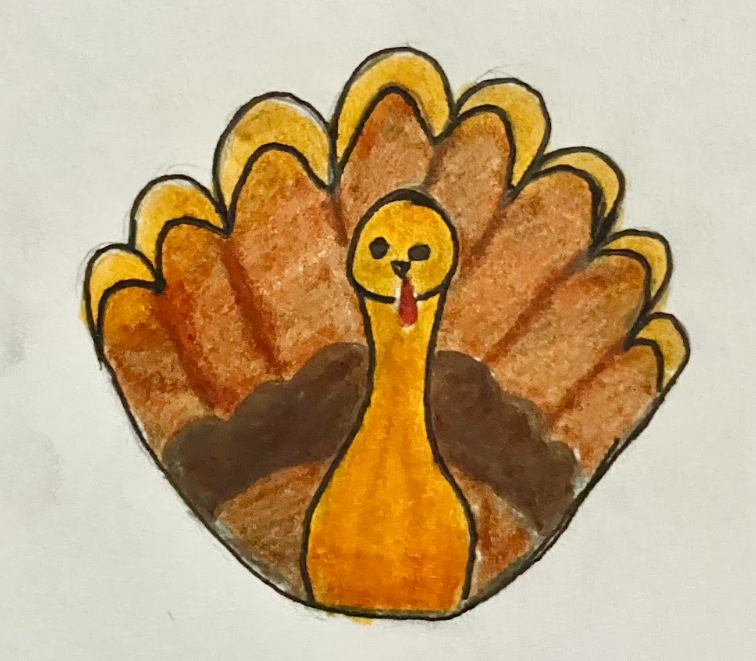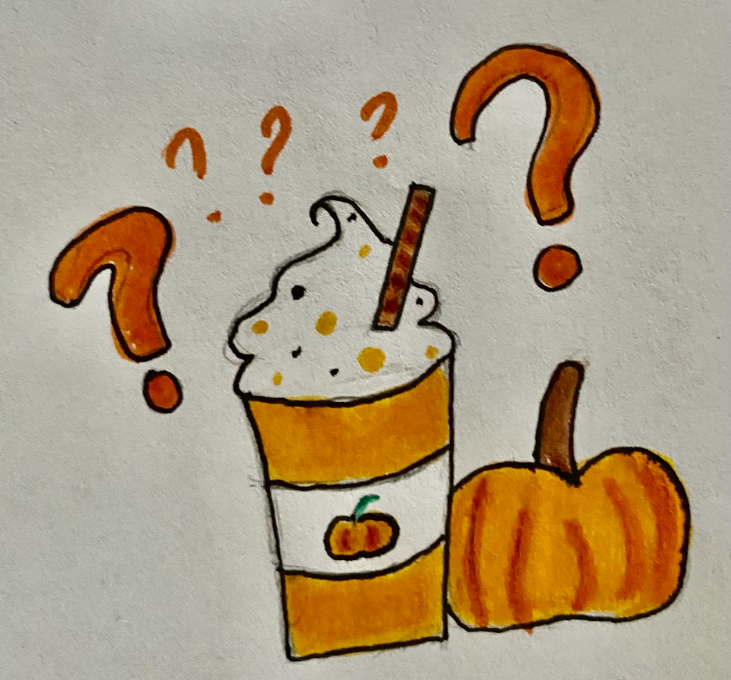Podcasts have been around since the early 2000’s, when iPods and personal audio players were a must-have item in everyone’s pockets. Since then, podcasts have evolved, ranging from true crime debriefs to motivational speeches, and even raising awareness about relevant topics. Now, podcasts have become the ultimate way to find a connection with new people and form a community within one’s headphones.
Recently, podcasts have emerged on Spotify, Apple, YouTube and more. The first spike in demand for podcasts started around 2020, when the COVID-19 pandemic began to spread. According to DearMedia, in an article titled “Why Does Everyone Have A Podcast?”, “In 2019-2020, over 50% of Americans tuned in to podcasts, and it’s estimated that there are over 1.5 million active podcasts globally today.” Quarantine created an ideal situation for podcast popularity to blossom, as people were isolated from one another, aside from the occasional FaceTime with a friend. Present-day studies have proven that hearing others converse stimulates certain parts of the brain, and often has a positive effect. According to CASAT On Demand, in an article entitled, “Listen to a Podcast: It’s good for your brain!”, “Meditation podcasts should cause the release of dopamine that soothes us; crime thrillers cause the release of adrenaline and endorphins that excite us and make us feel good, and comedies activate the frontal lobe and cerebral cortex and reduce levels of cortisol to lower stress and anxiety (Mallach, 2020).” This analysis potentially explains why many people found themselves turning to podcasts, especially in a time of limited social interaction.
Since quarantine, podcast popularity has not died down. Many influencers and celebrities have started making podcasts, including Emily Ratajkowski, who discusses feminism, pop culture, self-image, and relationships, and Michelle Obama, who talks about subjects like marriage and mental health. While there are a variety of reasons why celebrities may create podcasts, they often use their platforms to raise awareness about topics they care about.
However, you don’t need a pre-existing platform to create an impactful podcast. One of the most important clubs in our school is The Mental Breakdown Podcast Club (TMB). The goal of the club is to offer a safe space for students to discuss their mental health, or simply anything that is on their mind. Club meetings take place every other Wednesday after school in room 108, and they’ve already released three episodes of their podcast, which can be found on various streaming platforms, including Apple Podcasts, Spotify, YouTube, and Amazon Music. Episodes so far have included topics such as burnout, growth and so much more.
President and founder of TMB, Samuel DeSilva (‘26), shared, “Podcasts, to me, show the true art of conversation and discussion. I’ve had the great joy of being able to have great conversations with mentors and teachers in school, so it feels good to be able to put that on a platform where people can feel they are in a safe place. I think mental health is such an imperative topic to discuss because whether you’re talking about generational trauma, anxiety, depression, imposter syndrome, or more, the truth is you are not alone.” Samuel also revealed, “My favorite part of being the president and founder of TMB is getting to know the people we interview. Everyone’s story is so special and it’s a powerful testimony to have. When I started TMB last year, it was ironically one of the hardest times in my life, having just lost two family members. I vowed to see this project through to the end. Mental health podcasts like the Mental Breakdown Podcast being accessible to everyone means everything to me. Every meeting, episode, and fundraiser—many more to come—has not only brought me happiness; it has healed me along the way. I couldn’t be more grateful for my TMB team—Laura, Sooyoung, Macaelah, Amatoullahi, Cessarina, and Miguel—friends, listeners, family, and more.”
Adding on to this, co-president of TMB, Laura Morel (‘26), said, “Podcasts are so incredibly necessary, even if they’re not seen as so. As part of TMB, I know firsthand how the vulnerability of each episode helps foster and strengthen relationships in a way we didn’t think was possible. It can be scary to share your experiences with peers, but every listener has felt the same way at least once. It’s a good reminder you’re not alone!”
Finally, Sooyoung Lee (‘26), the vice president of TMB, added on, “Podcasts are important because [they’re] another way of demonstrating our right to free speech. They range from podcasts like Call Her Daddy and Rotten Mango, which caters more towards an audience looking for entertainment, to NPR, which is a mix of entertainment and news, and finally to The Mental Breakdown. TMB is especially important because in an age where freedom of speech is so often used to spread hate and false information, we are using it to empower each other and battle the negativity that can arise from our day to day lives.”
So, the next time you need something to listen to, consider trying something new! Whether you’re looking to learn, want to unwind with a true crime debrief, or simply connect with new people, there’s bound to be a podcast waiting for you. And who knows? Maybe in a few years, you’ll be on the other side of the screen, making a podcast people can’t stop blasting through their headphones.
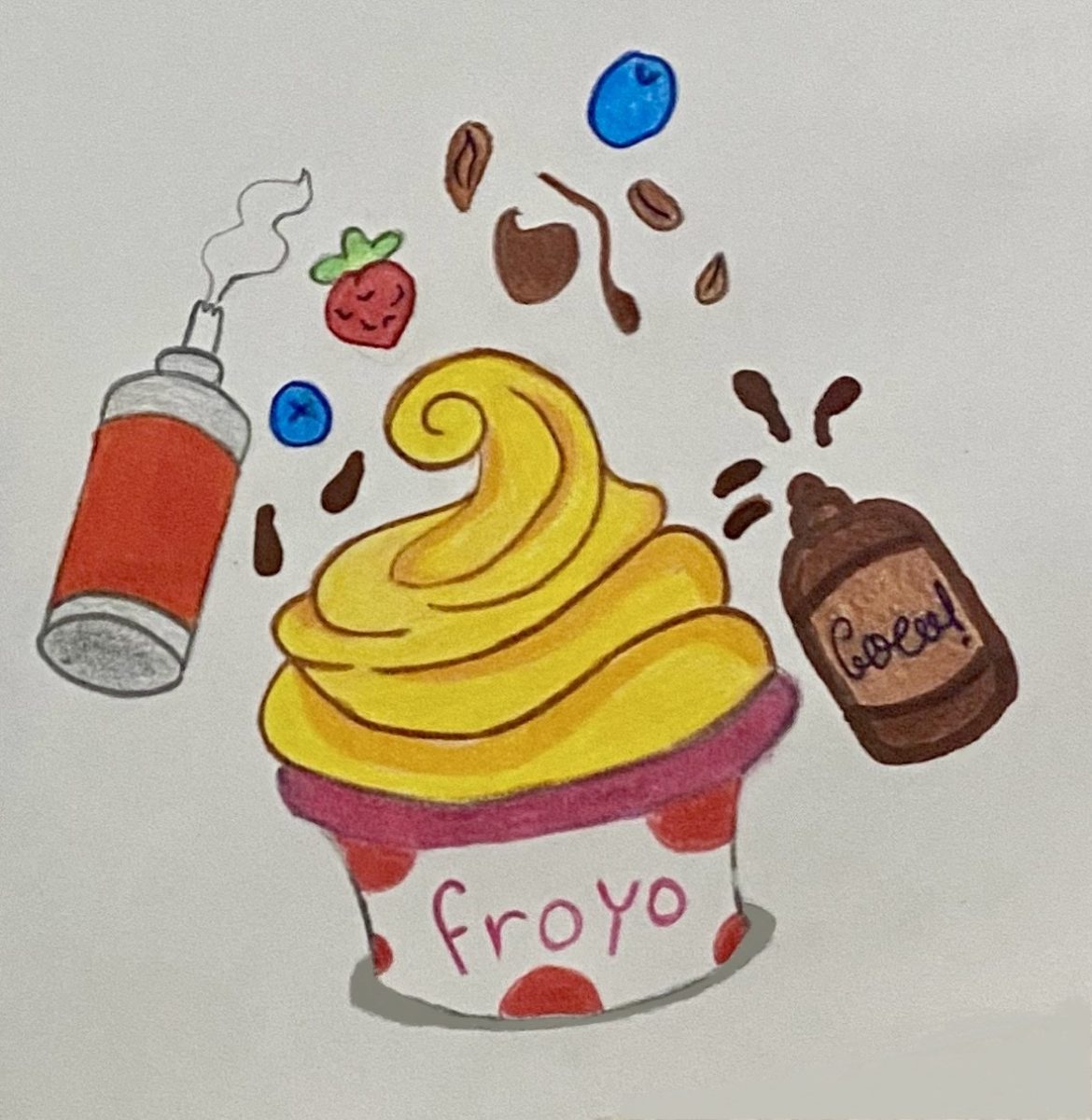
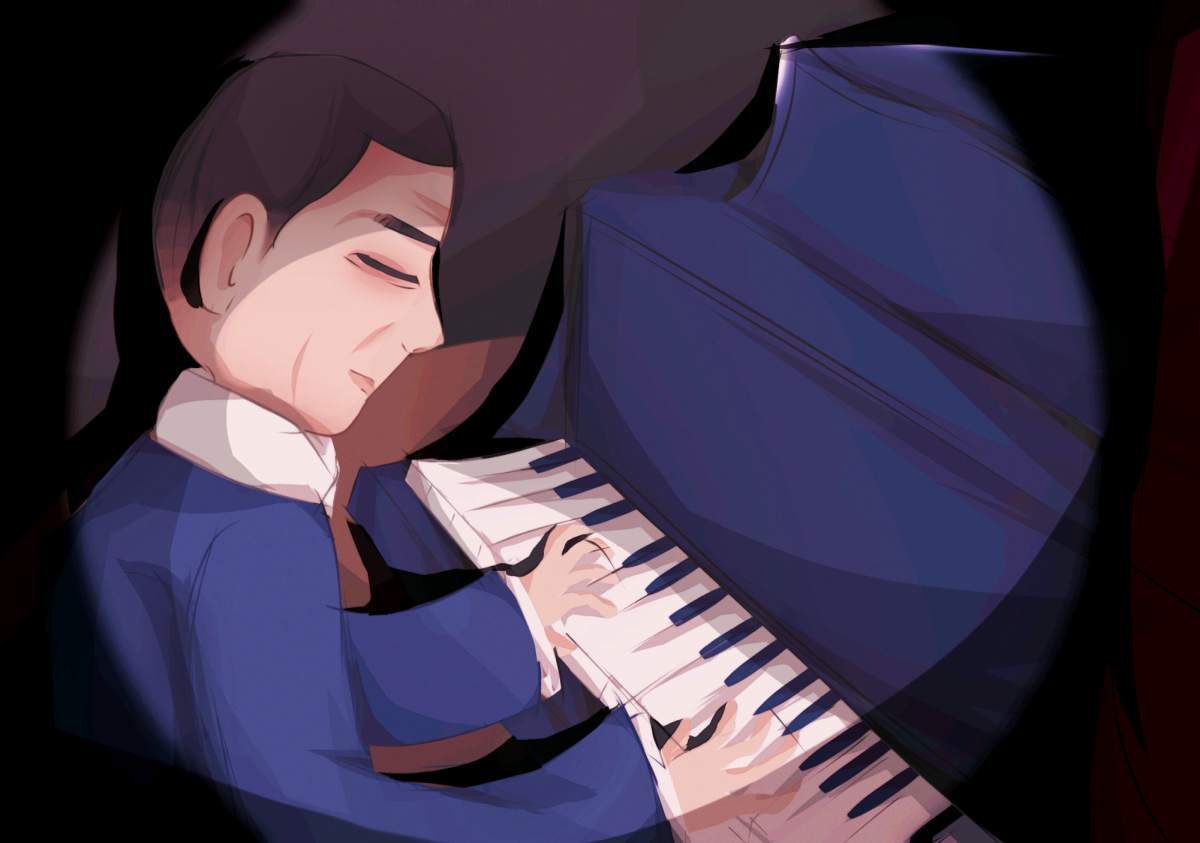
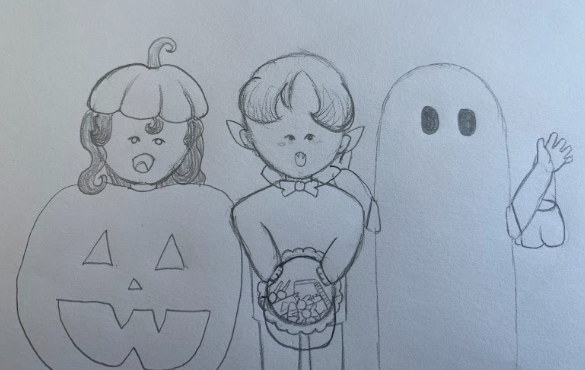
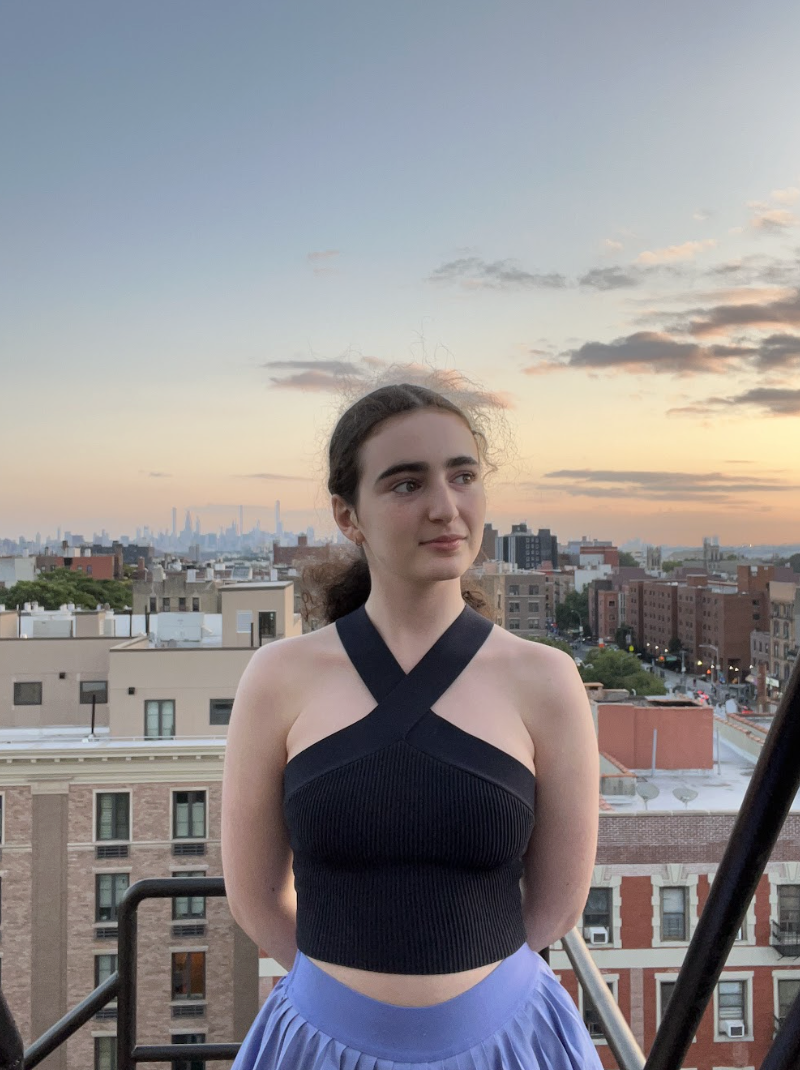


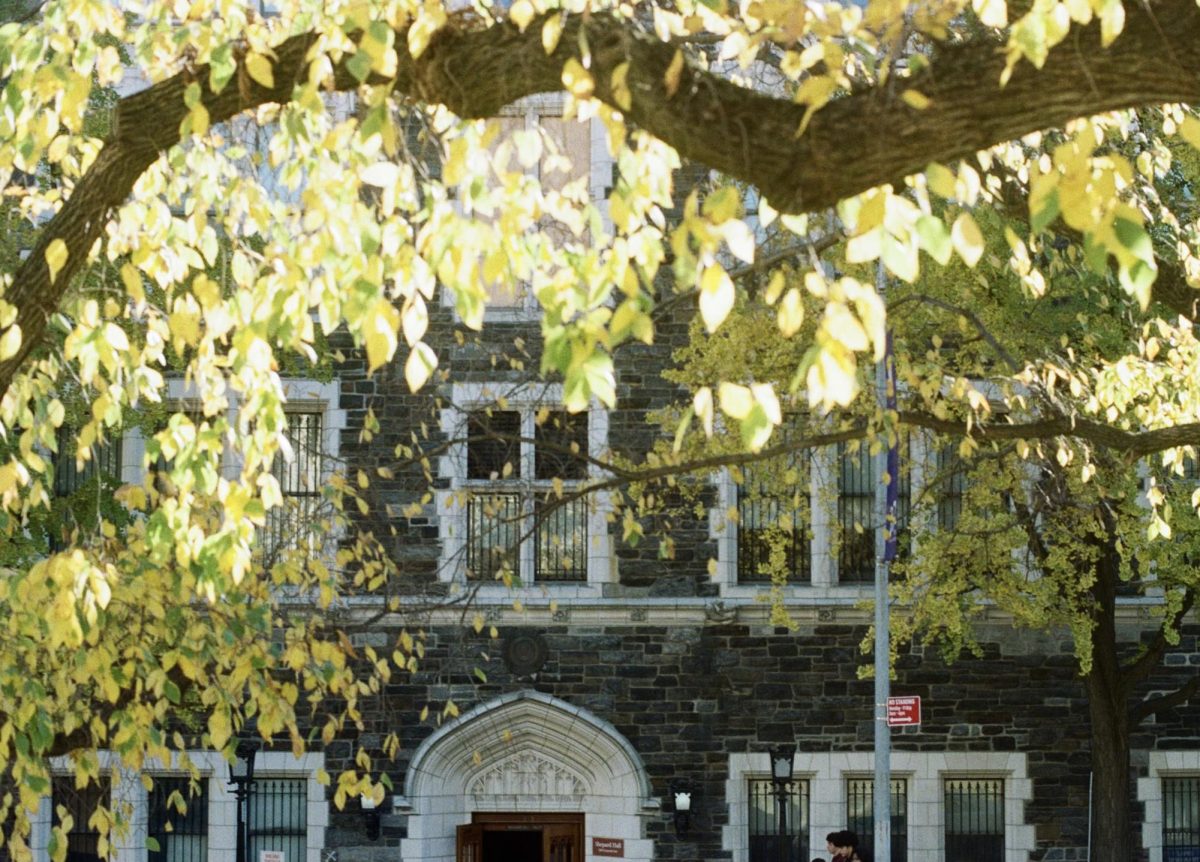

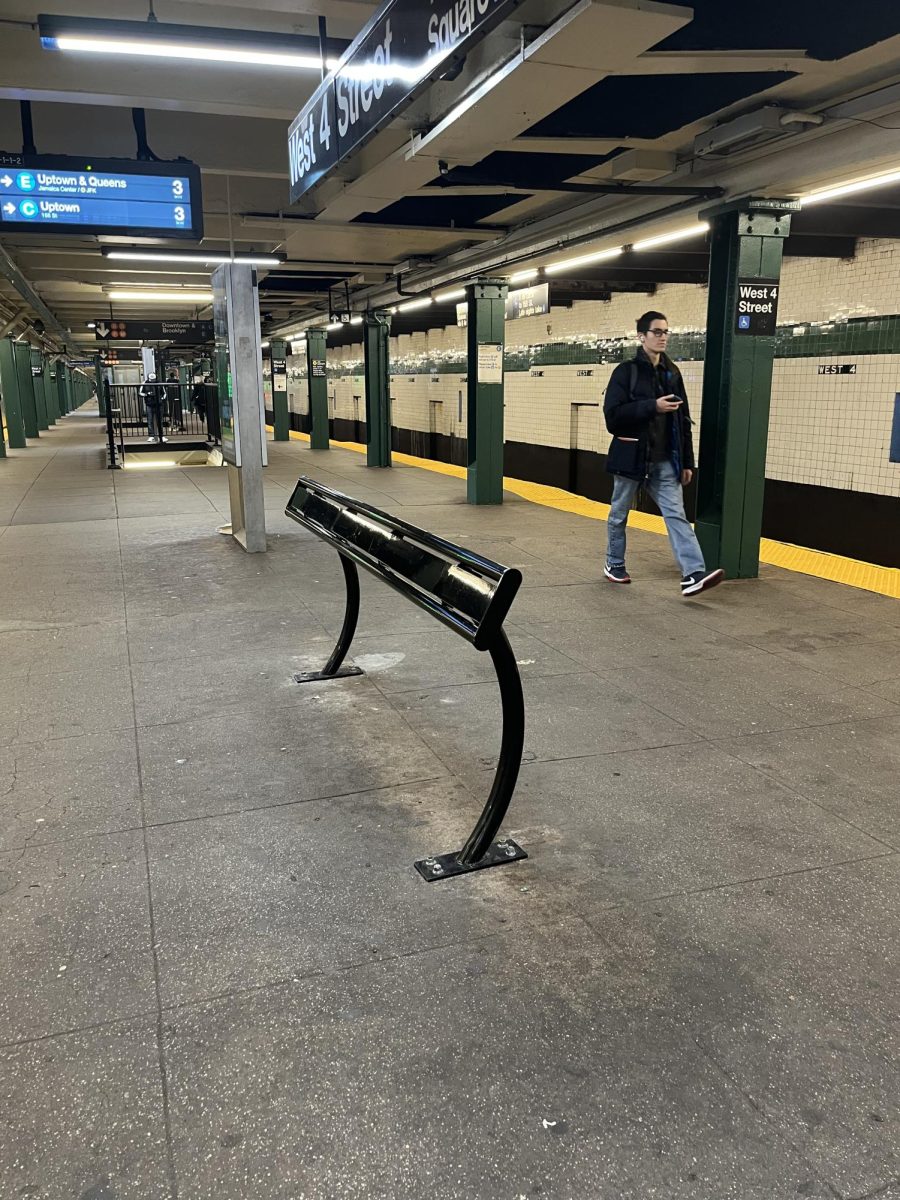


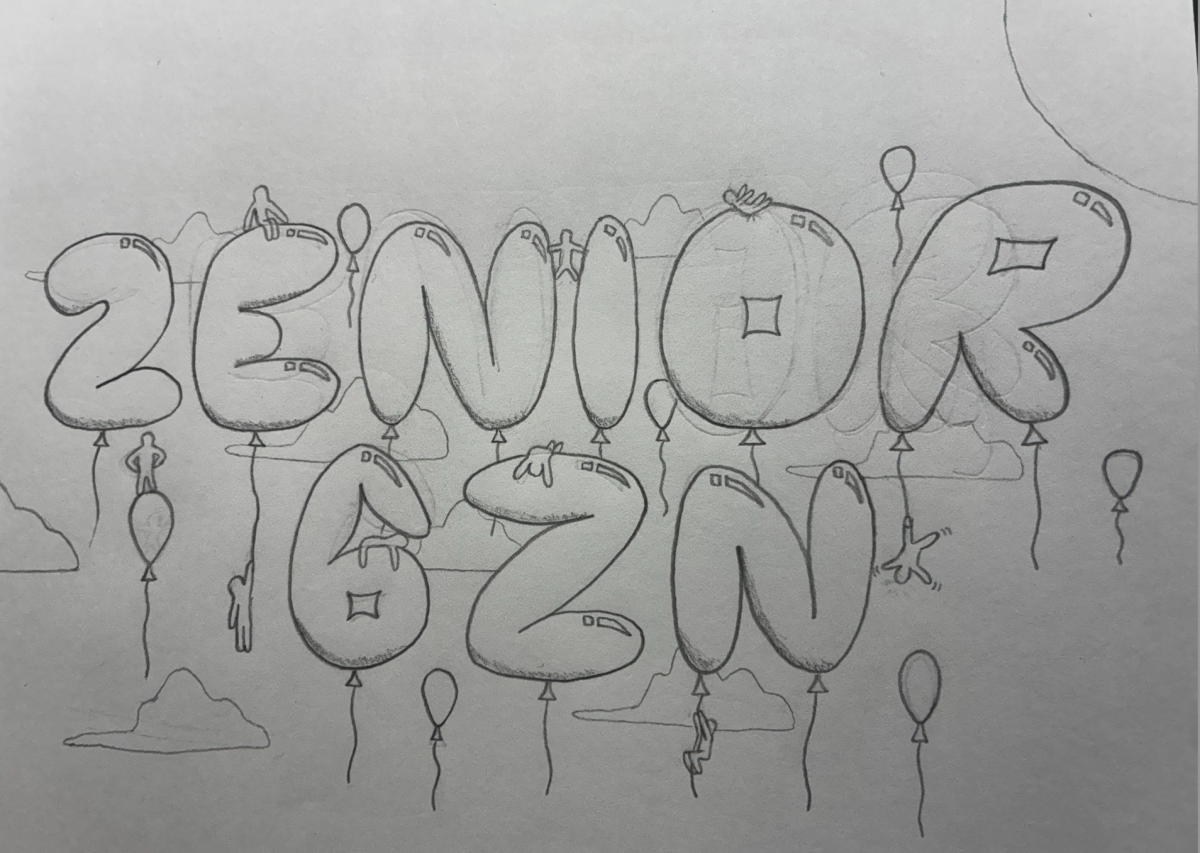
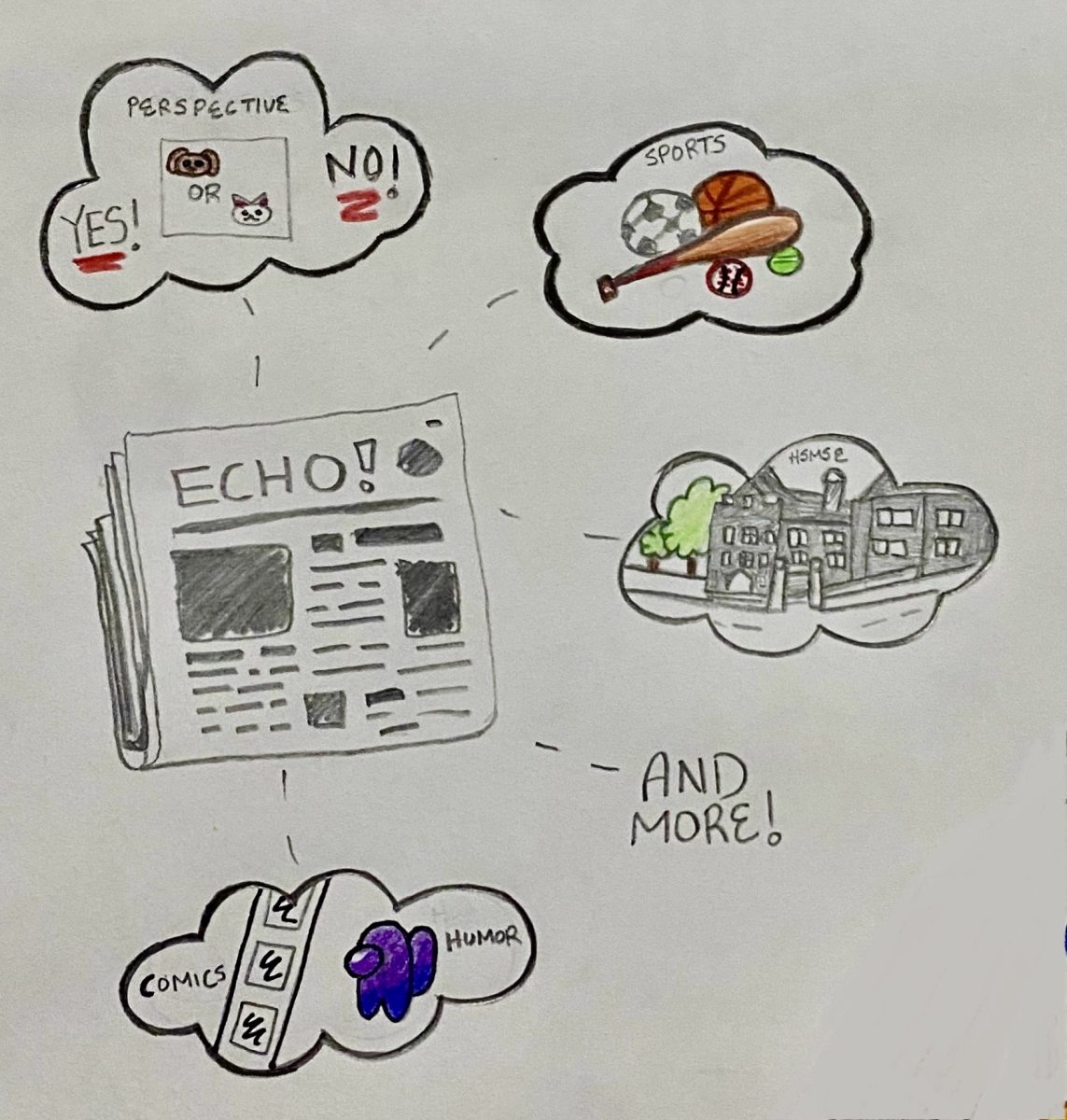
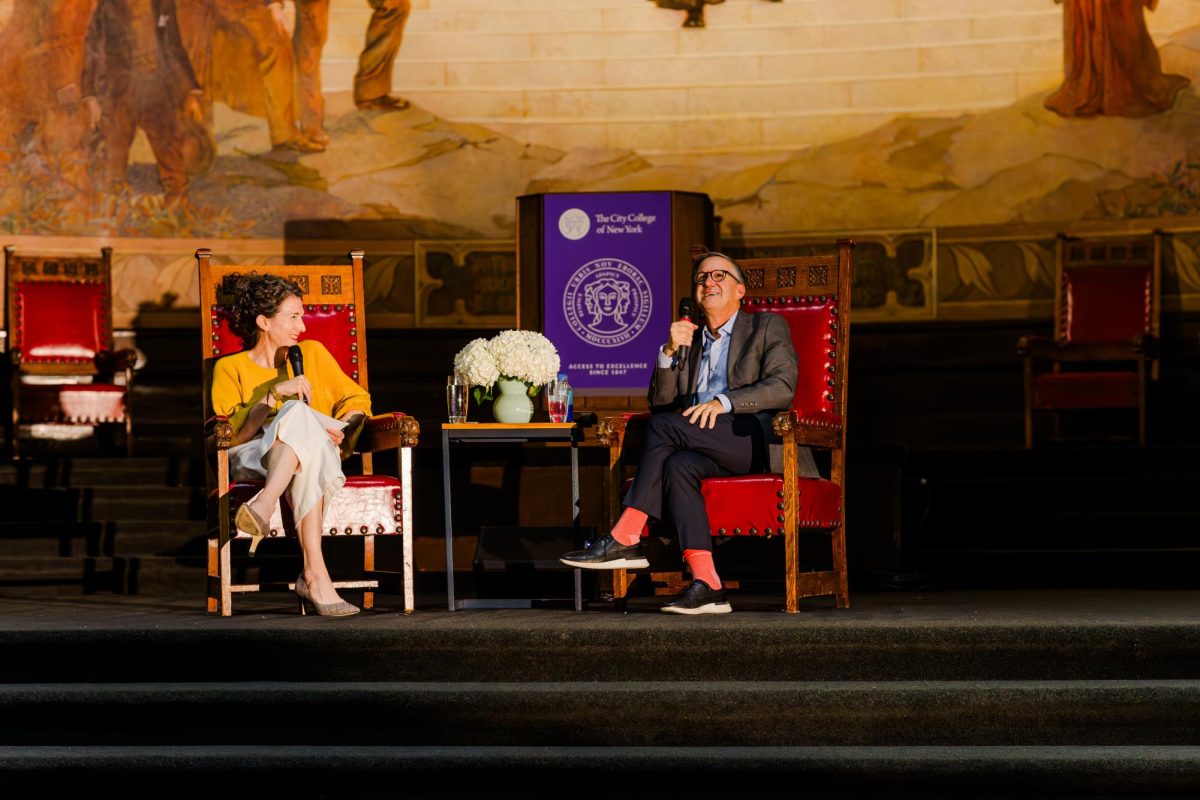
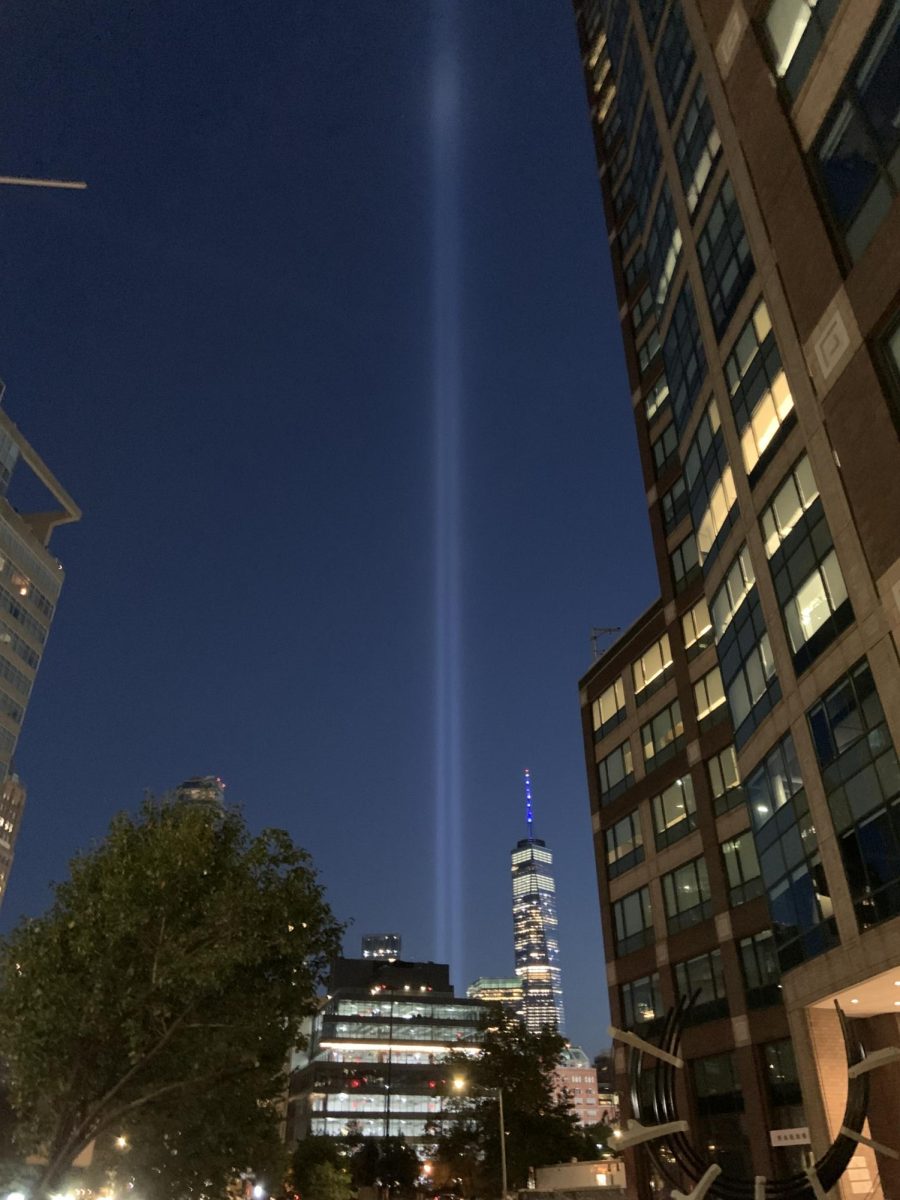
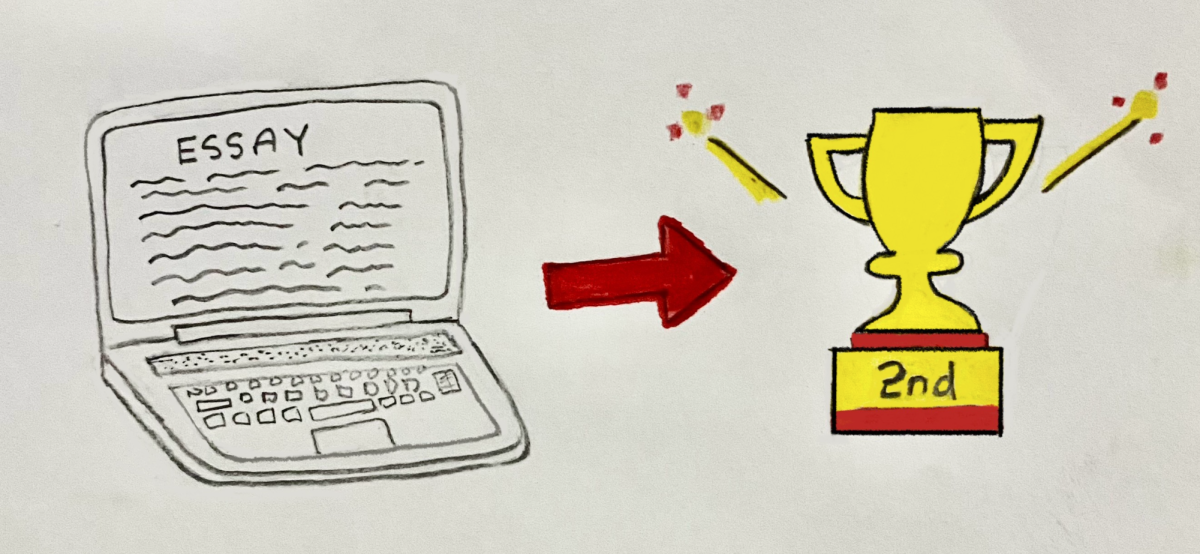



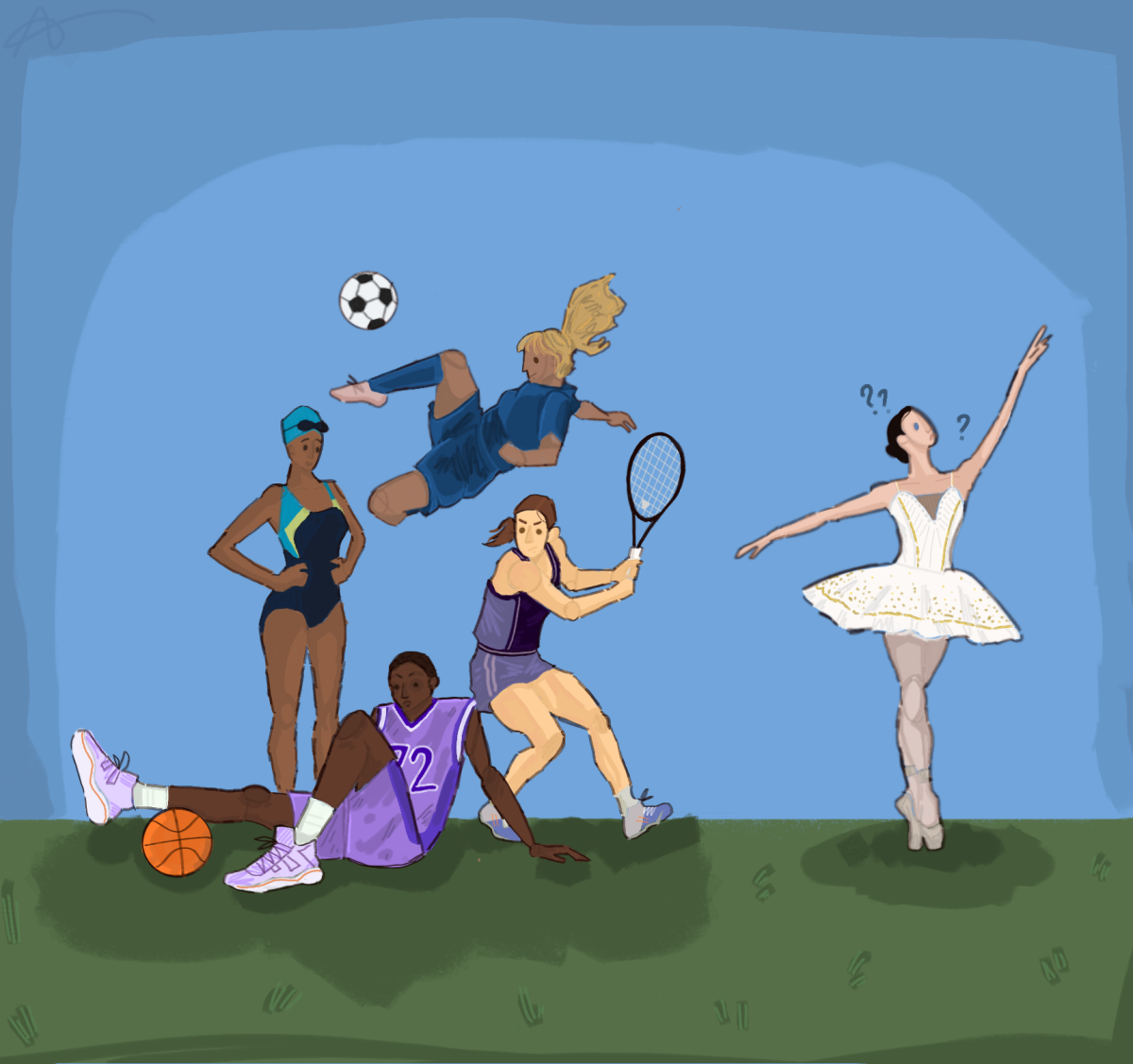
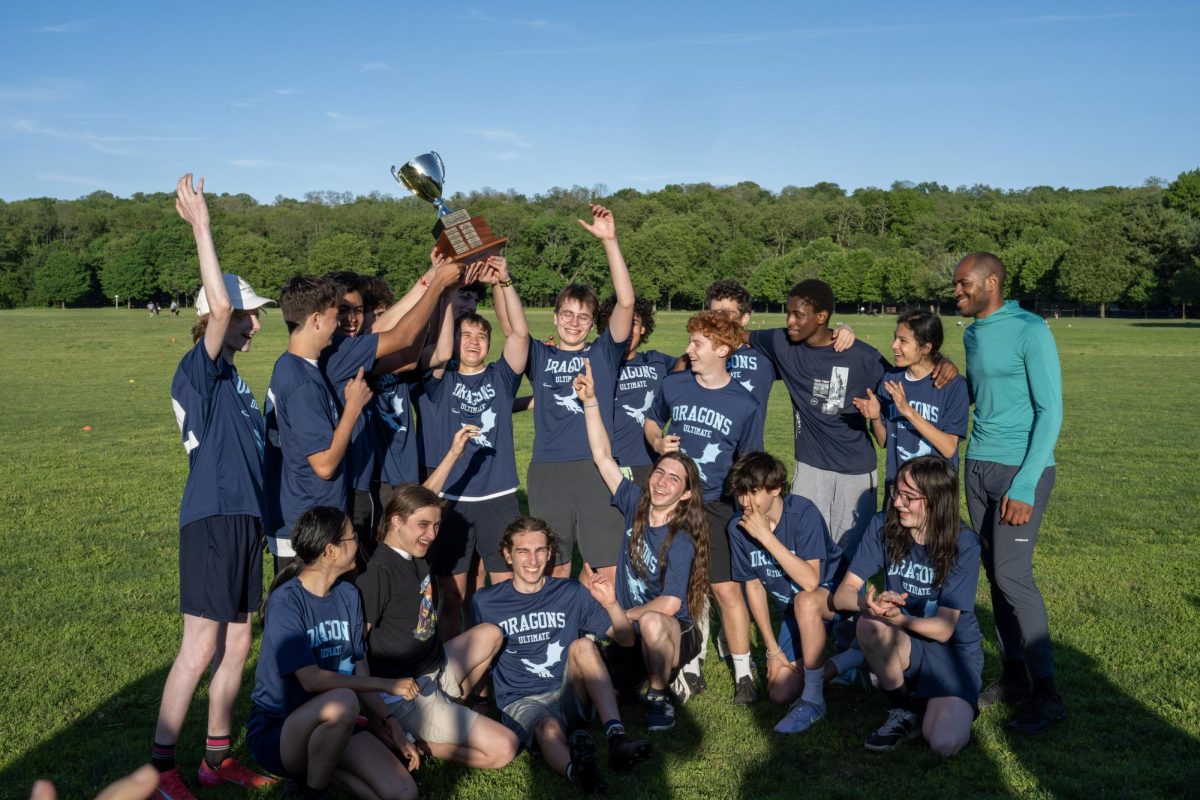

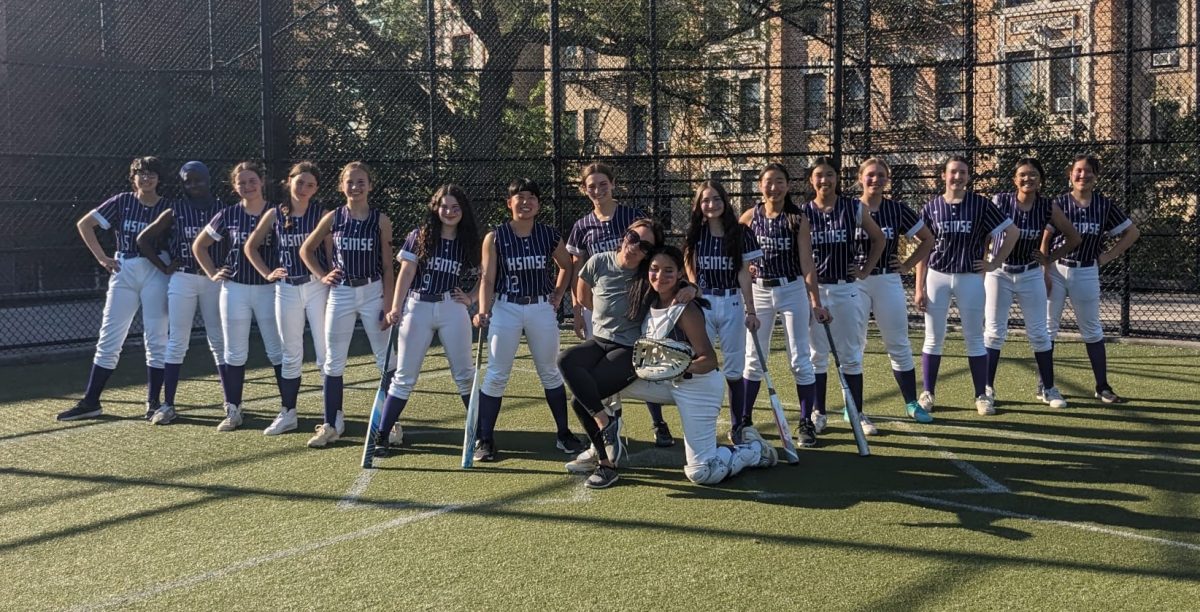
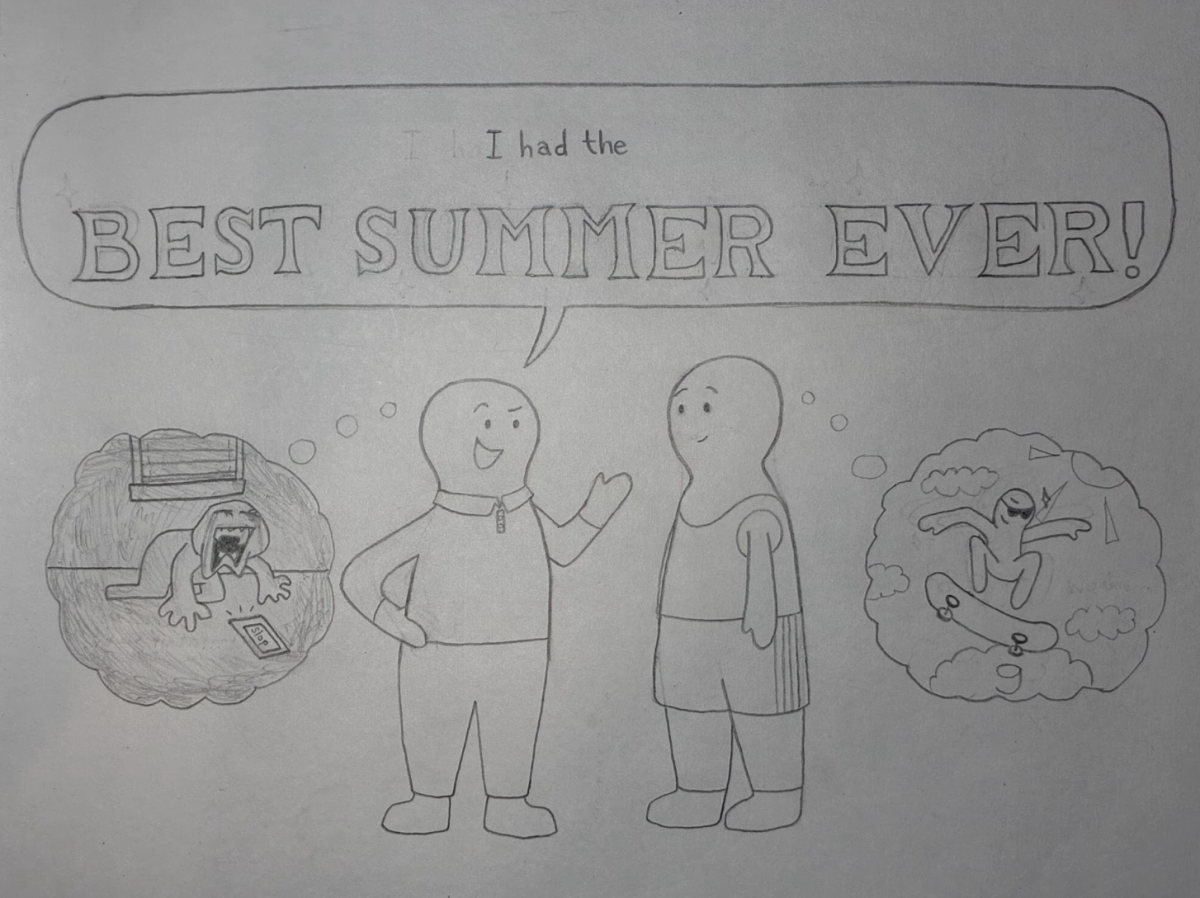
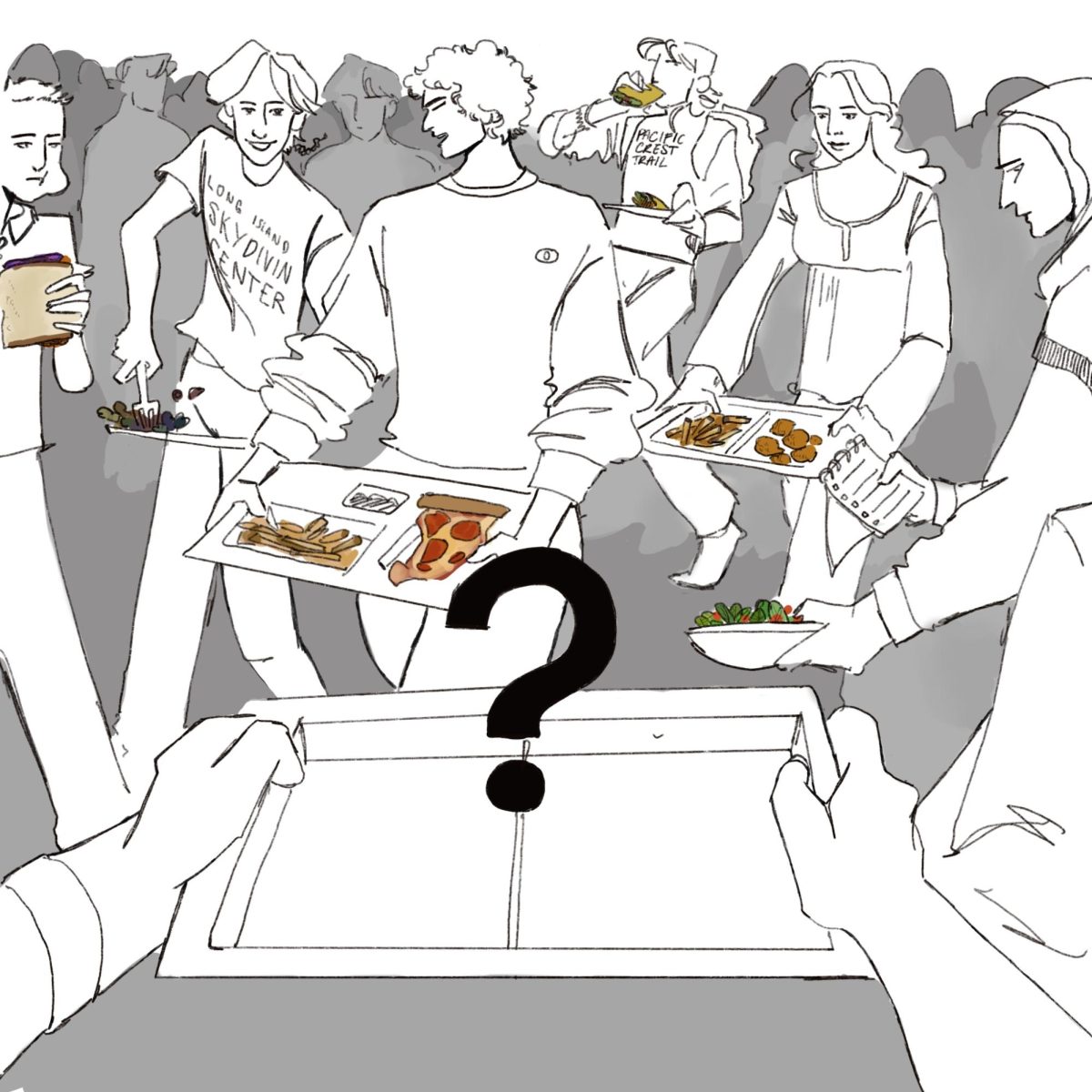
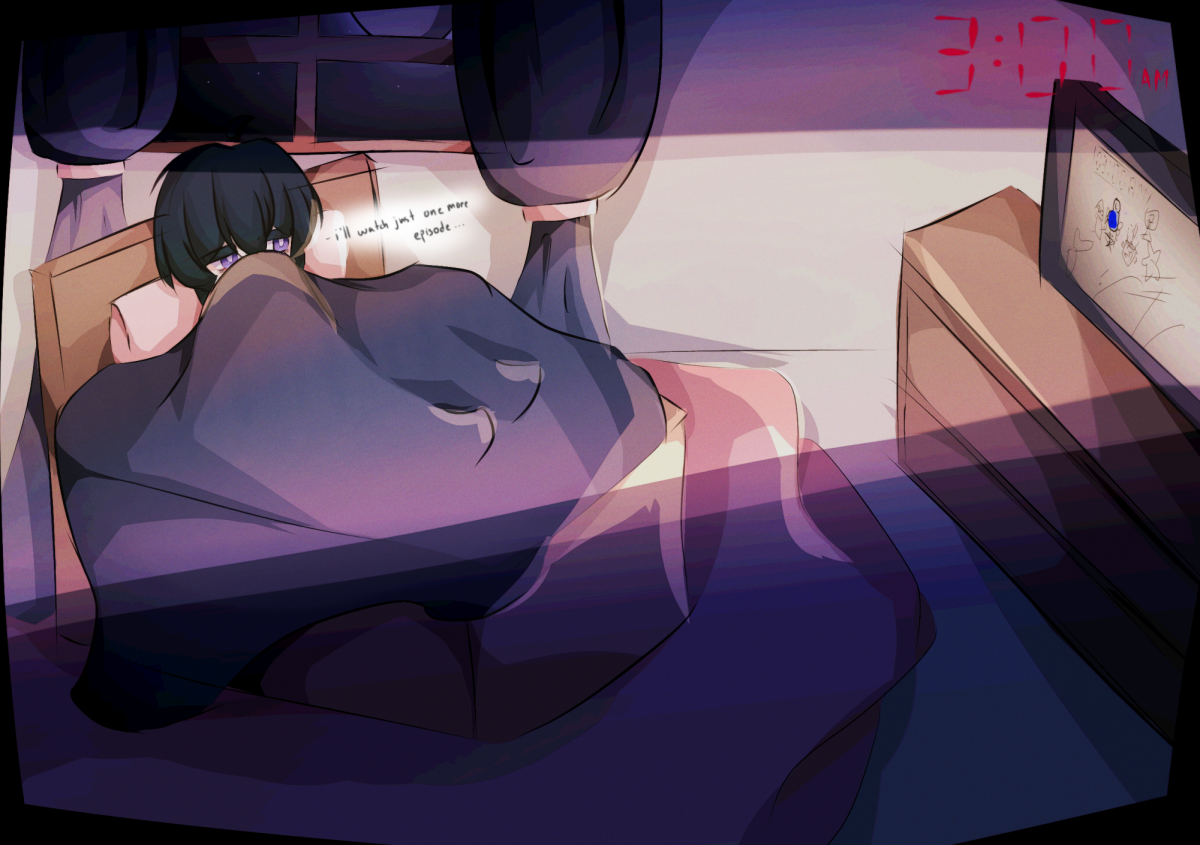

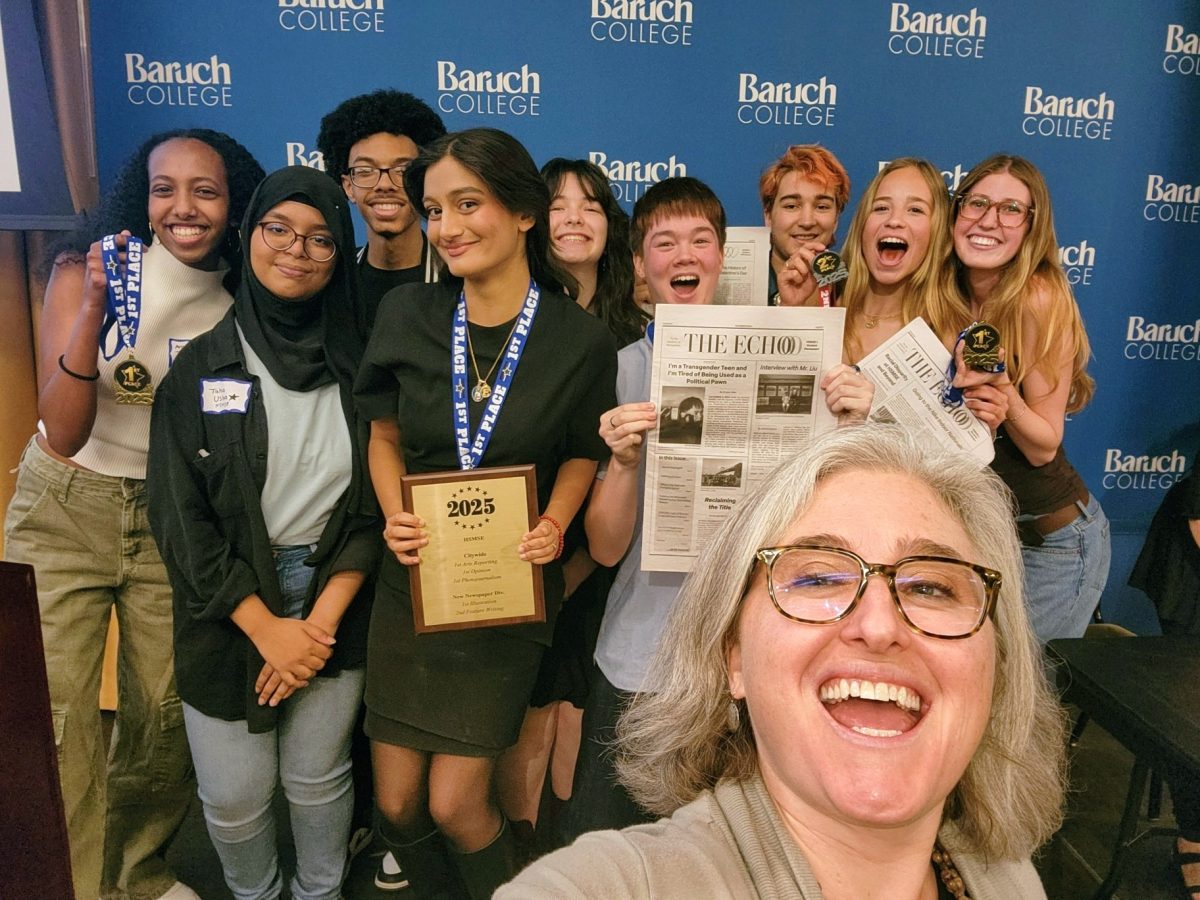
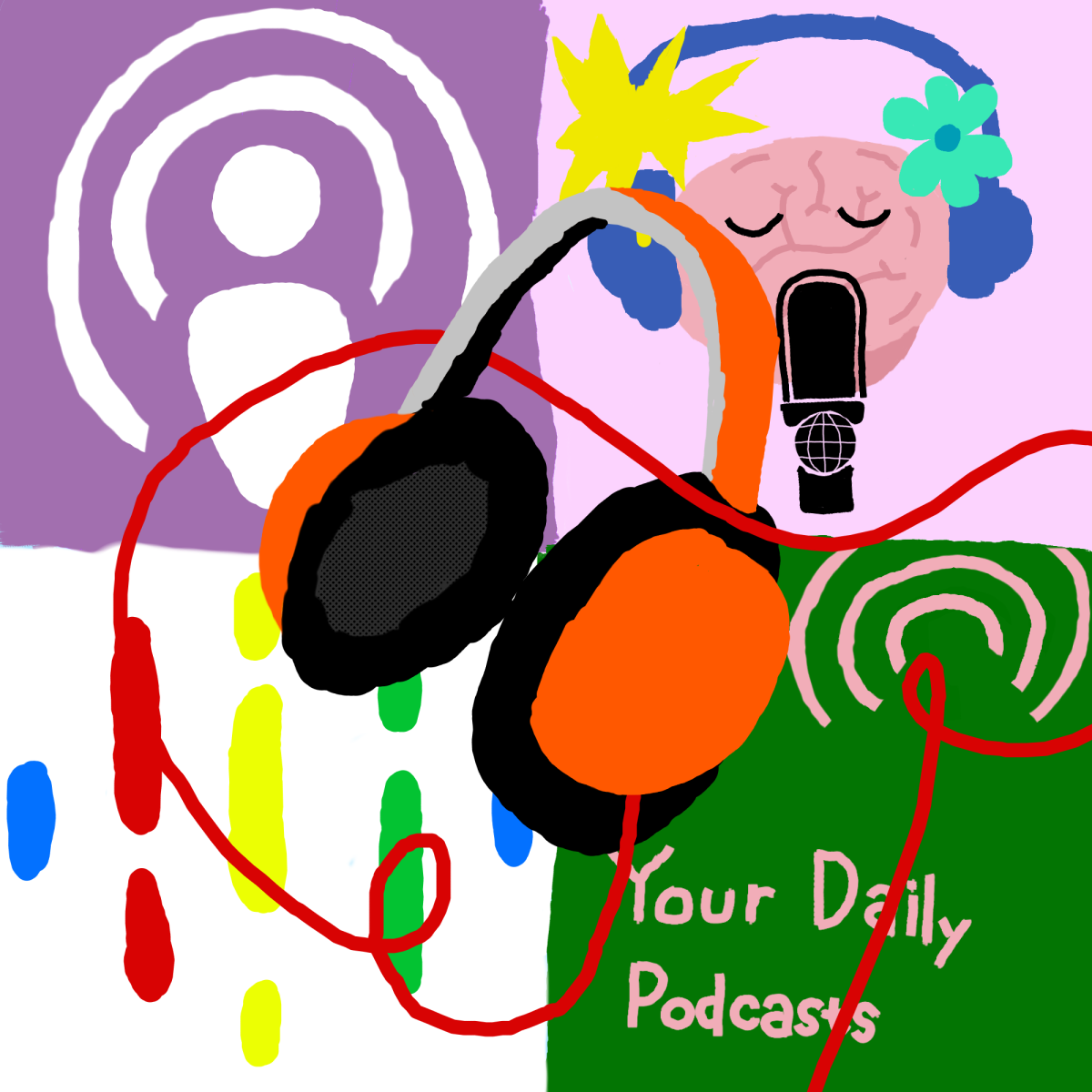
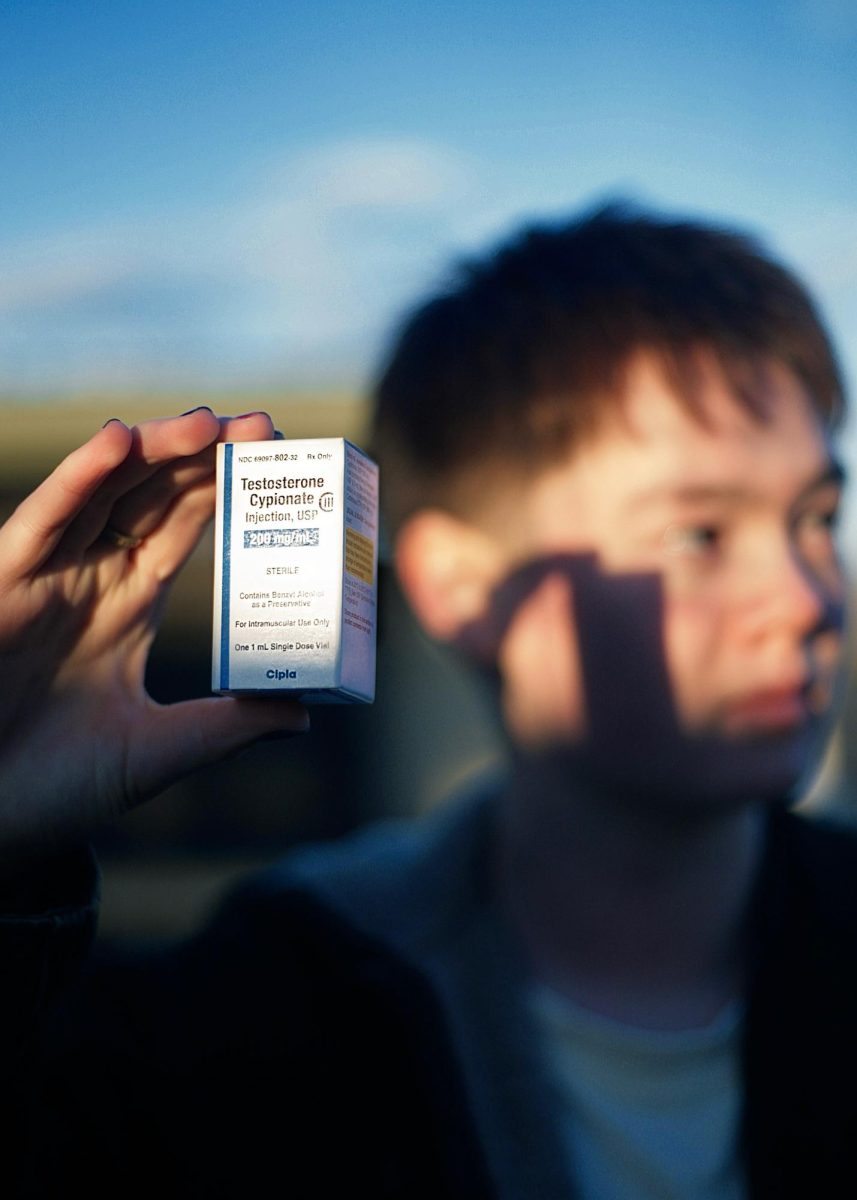
![[ERROR]: Lack of Women in the Software Industry](https://theechohsmse.com/wp-content/uploads/2024/12/APC_0280-984x1200.jpeg)
